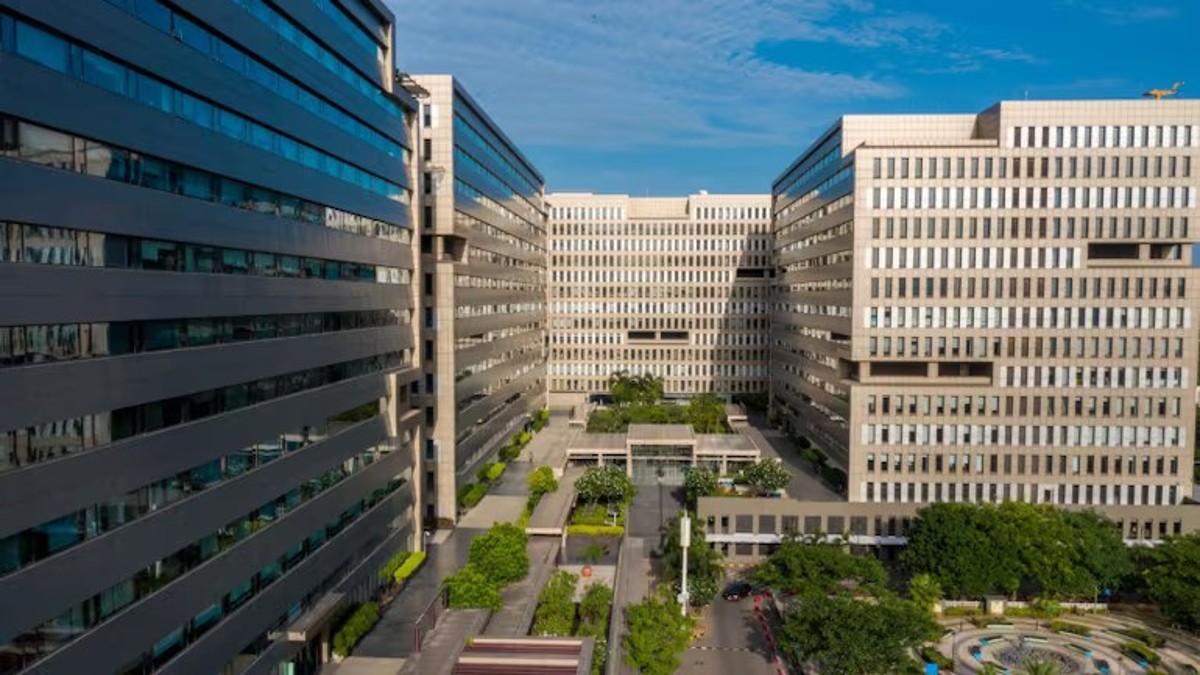The Supreme Court does not appear to be eager to buy the Sahara Group’s line on its optional fully convertible debentures (OFCDs), which Sebi had banned in an order dated 23 June.
Sebi asked two Sahara companies - Sahara Commodity Services Corporation and Sahara Housing Investment Corporation (SHIC) - to return the OFCD money already collected from investors with 15 percent interest. SHIC was formerly called Sahara India Real Estate Corporation (SIREC). Firstpost had reported on the Sebi order extensively (See here).
Sahara claims that its OFCDs are being privately placed and hence it cannot come under the market regulator - which is what Sebi is. But in a well-argued order, Sebi’s wholetime director KM Abraham made a strong case that when six million investors were being tapped for humongous amounts of money, the issue would be in the nature of a public offer (See story).
More importantly, he underlined the fundamental fact that these investments may be risky for investors.
For some time now, the Sahara Group has been desperately trying to shift the forum from Sebi to the Ministry of Corporate Affairs, whose incumbent Murli Deora is on his way out. The previous incumbent, Salman Khursheed, is an old hand from Uttar Pradesh - which is Sahara’s home base. (On Sahara’s political clout read this)
During Friday’s proceedings, the petitioner’s counsel Fali Nariman again claimed that Sahara was not a listed company and only the government had jurisdiction over it. He, therefore, asked the court to issue a notice to the government seeking a clarification of its stance.
But the Court demurred. “We do not want the Union of India (government) to come in at this stage. Let them (Sebi) come and clarify. We have our own query on it,” said a bench headed by the Chief Justice SH Kapadia.
Nariman also faulted Sebi for issuing a fresh show-cause notice to Sahara when another court (Allahabad) was already looking into the case. But the Supreme Court merely remarked that it would ask Sebi about it. “We have asked Sebi to explain it.” But, significantly, it added: “We want to know from where you got this (concept of) OFCD. We wanted investors to be protected.”
Investor protection is the bedrock on which Sebi based its tough order on Sahara. It pointed out that the two Sahara companies (Sahara Commodities and Sahara Housing) had minuscule net worth of a few lakhs of rupees when they started collecting money from investors in 2008 and 2009. But they were planning to collect a humongous Rs 40,000 crore for unclear reasons before Sebi stepped in.
Curiously for an OFCD issue involving 6.6 million investors, the issues were to be kept permanently open. OFCDs are debentures which investors can convert into shares at their option.
A PTI report says the Sahara counsel had tried, in earlier proceedings, to explain the nuances of the OFCD scheme, but the apex court was not satisfied. “Till today, I do not know what is OFCD. How can some investors know? We want Sebi to decide.”
More uncomfortably, the court asked: “We want to know on what basis you were calling for investment in OFCD?” The bench mentioned that the scheme is meant for rural people and they were not aware of it. “Investors are not aware of OFCD. At the end of day, they would come and say that they were cheated… You know Harshad Mehta’s case, same modus operandi was there. Investors were not aware of the scheme,” the bench had said.
The Group’s desperation to get the Sebi order - which is subject to confirmation by the Supreme Court - rescinded was apparent when they moved a vacation bench on 27 June comprising Justices P Sathasivam and AK Patnaik for relief. But they declined to hear the plea and asked that the case be listed before the bench of the Chief Justice which had been hearing the case.
The Sahara Group is under attack by both regulators - Sebi and the Reserve Bank of India (RBI). It was asked three years ago by the RBI to wind down the deposit-taking operations of Sahara India Financial Corporation (SIFC), a residuary non-banking finance company. It was forced to stop accepting deposits maturing after 30 June, 2011, and has been asked to return all remaining deposits by 30June, 2015. But this order was brazenly flouted - and the RBI had to take newspaper advertisements to warn investors once again against investing in the company.


)




)
)
)
)
)
)
)
)